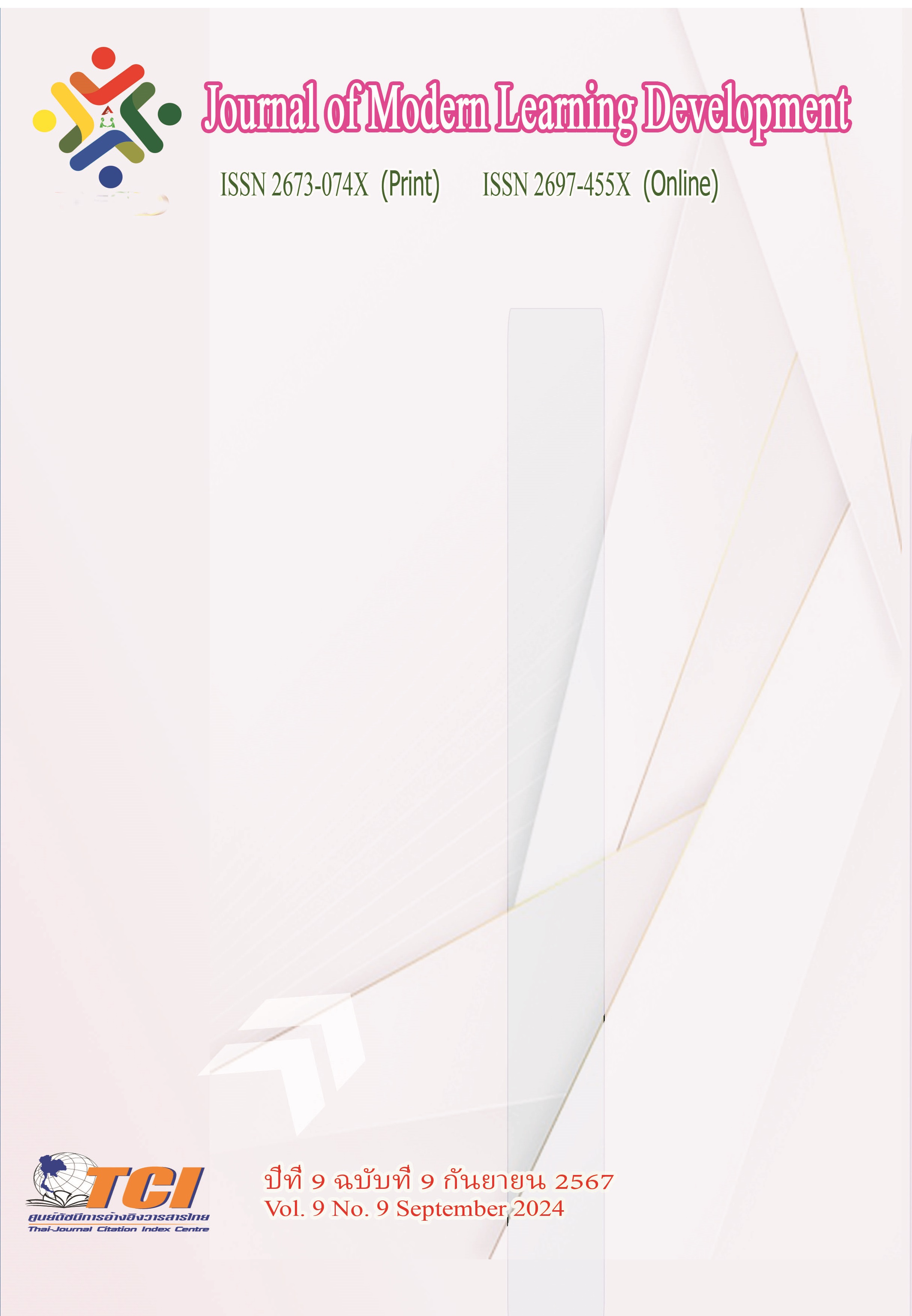The Influencing Mechanism of Governance Effectiveness in Secondary Colleges of University
Main Article Content
Abstract
This research aims to investigate the mechanisms for enhancing governance efficiency in secondary colleges within the broader context of modernizing governance systems and capabilities in higher education institutions. The study employs an embedded case study method to delve into the factors that influence governance effectiveness in secondary colleges.
The research sample group comprises secondary colleges selected based on specific criteria related to governance structures and environments. Various research tools, including interviews, surveys, and document analysis, are utilized to collect data on governance mechanisms and practices. Data is gathered through interviews with key stakeholders, surveys distributed among faculty and staff, and analysis of relevant documents and policies.
The collected data is analyzed using qualitative methods to identify patterns and relationships associated with governance efficiency in secondary colleges.
The research findings underscore that governance effectiveness in secondary colleges is influenced by factors such as governance structure, environment, resources, and values. The mechanisms identified for achieving governance effectiveness include: 1. Reasonable power distribution, decision-making mechanisms, and Supervision mechanism ensures scientific and accurate decision-making; 2. Sufficient financial, human and leadership resources provide support and driving force for the organization; 3. Good policies, regulations, cultural atmosphere and stakeholder relations promote democratic responsibility awareness and resource integration; 4. Stimulate enthusiasm and creativity by promoting common value goals, conveying value concepts, and enhancing the recognition and support of organizational members. These factors work together to promote the improvement of the governance efficiency of secondary colleges.
Article Details
References
Birnbaum, R. (1991). How colleges work: The cybernetics of academic organization and leadership. Jossey-Bass.
Cai, W. B., & Zhang, Q. (2013). Analysis of the educational policy environment affecting modern university governance. Journal of Corps Education College. (06), 22-26.
Wang, Z. J. (2018). Why universities are effectively governed: The perspective of governance structure. Educational Development Research. (19), 36-41.
Wei, Y., & Wang, Y. (2017). Very complex, but more refined - A review of embedded case studies. Scientific Research Management. (11), 95-102.
Xiong, Q. N., & Dai, L. L. (2006). Historical evolution and cultural variation of university governance structure. Exploration in Higher Education. (01), 40-43.
Yin, R. K. (2004). Case study research: Design and methods. Chongqing University Press. (Translated by Zhou, H. T., Li, Y. X., & Zhang, H. Y.)
Zheng, L. J. (2005). Analysis of factors affecting school organizational effectiveness. Modern Educational Science. (11), 22-24.
Zhou, H. T., & Shi, Y. Q. (2022). The connotation, mechanism, and strategy of value governance in universities. Higher Education Research. (06), 13-20.


